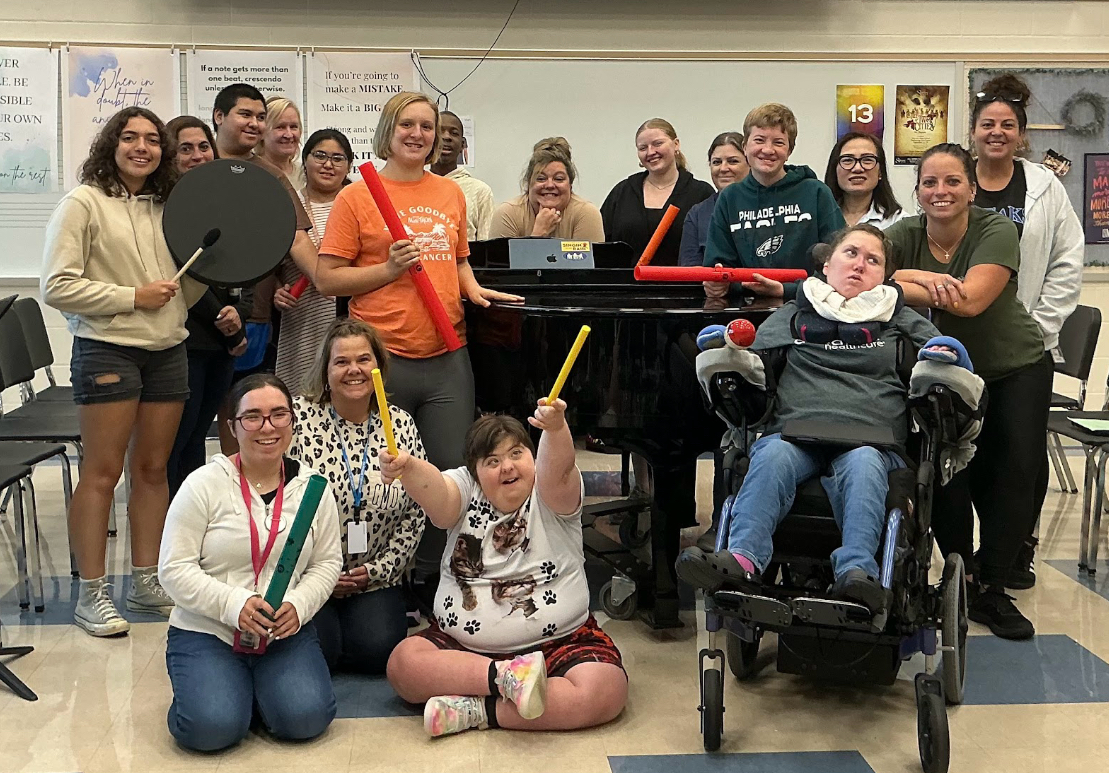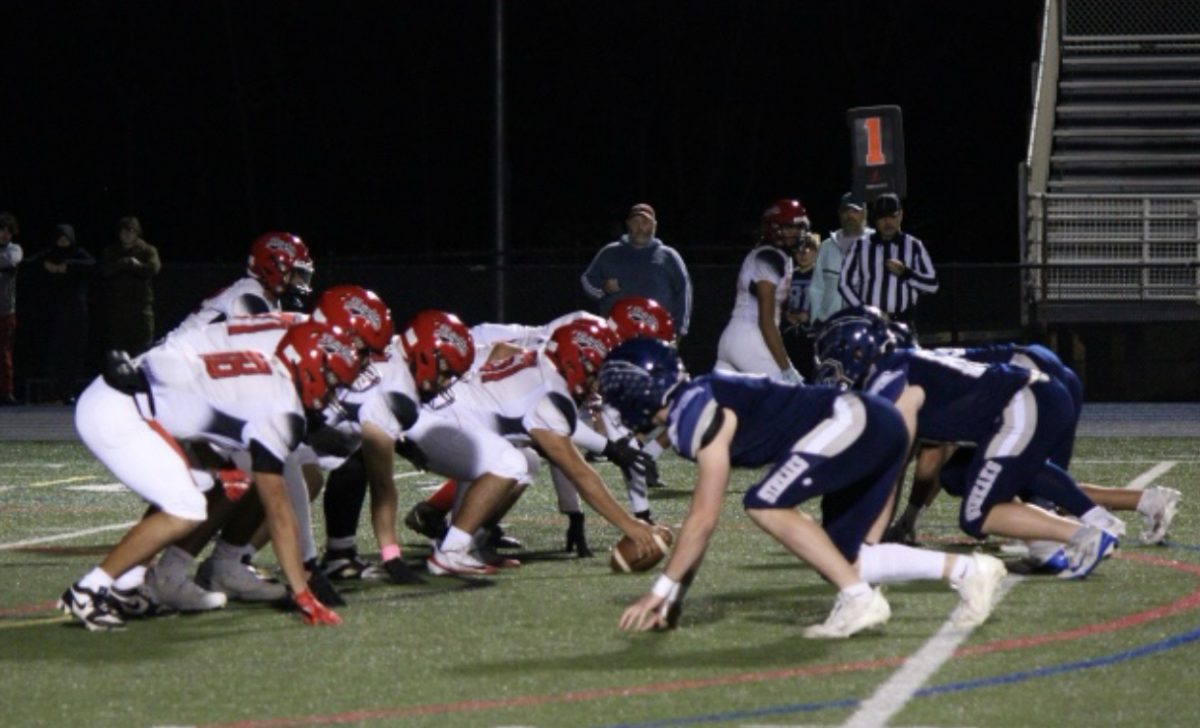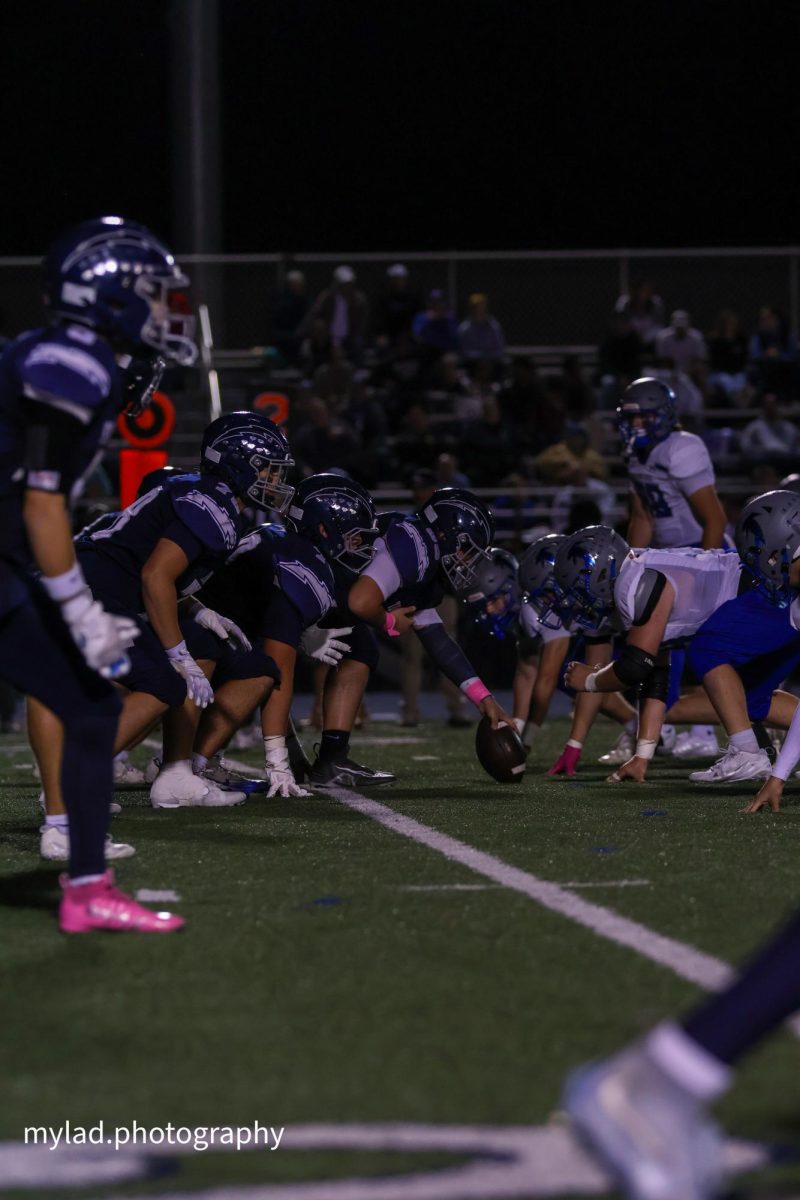As high school begins, there may be a lot of pressure to start off on the right foot. You have new classes that are potentially more challenging than before and the option to take higher level courses. As your work load increases, you will thank yourself for forming good work habits sooner rather than later. Luckily, a few MTHS students and teachers have offered some of their best advice and study tips in order to help you be as successful as possible. Whether you have specific academic goals or just want to survive the incoming assignments, this advice will hopefully inspire you to implement new study and organization habits into your routine to make your life a little bit easier.
Before you start to think about completing assignments or studying, it is helpful to be organized and have a clear plan. Writing (or typing) all of your tasks out in a planner can help you visualize what you need to accomplish and ensure you don’t forget anything.
There are many different ways to stay organized, like using your school agenda, setting reminders on Google Calendar or keeping a running list of assignments in your notes app. Organization truly comes down to what is most convenient for you and what will help you stay on track.
Elizabeth Ziegler, MTHS’s college and career counselor, recommends keeping track of your obligations.
“Make a to-do list and work on prioritizing tasks, checking them off when you finish them,” she said.
Although it may seem insignificant, checking something off of your to-do list can give you a feeling of accomplishment and be a boost of motivation to continue working.
Ziegler also mentions prioritization, which is a crucial element of time management. When you’re having a busy night and the assignments are piling up, you might have to sacrifice some tasks in order to complete the assignments that are worth a larger part of your grade or have a more urgent due date first.
Procrastination is the most common effect of poor time management, and a lot of students struggle with this. Even if you get a thrill from submitting an essay at 11:58 or cramming for a test the night before, following the plans you make for yourself and spreading out your work will save you a lot of stress in the long run.
“Don’t procrastinate,” warns junior Zaina Neamatalla. “Although it may seem like you want to put things off, it will stress you out more.”
Some ways to avoid the panic of procrastination are to start your assignments as soon as they are given to you and to study for your tests at least a few days in advance. This way, you can complete portions of your work each day rather than having to do everything in a short amount of time.
Even though you cannot always control your circumstances, you can try to plan ahead and stay on top of your work. If you find yourself with some down time, that may be a great opportunity to get ahead on your work if you know you’ll be busy another day. Many students also use the weekend to alleviate some of their stress during the week. Overall, the less you procrastinate, the more successful you will be. Being able to spend more time working on your assignments and studying material will usually get you better results than if you leave things until the last minute.
Aside from grades, avoiding late night cramming will allow you to have more time for yourself. Being able to get a solid amount of sleep each night, exercising, and having time to do the things you enjoy will allow you to have increased focus and energy the next day. Taking care of your physical and mental health is the foundation for success in school.
Another important aspect of academic success is finding the study methods that work for you. One method to help you stay focused for long periods of time is the popular Pomodoro Technique. In this method, you focus and work steadily for 25 minutes, when the timer rings. Then, you take a five minute break and repeat the cycle.
For students who struggle to stay focused or keep their attention on one task, this technique may be worth a try. Another tip to keep in mind is to switch up the subject you are working on to keep your mind engaged and stimulated after long periods of focus.
The American Psychological Association has a few more science-backed study tips to offer. Purdue researcher Jeffery Karpicke explained that recalling information multiple times with about 30 minutes in between each recall session is an effective way to lock information into your memory. The APA also found that methods such as quizzing yourself, drawing concept maps, studying with partners and making flashcards are great ways to retain information.
Senior Elena Zoltowski is also a big proponent of using flashcards.
“Use Quizlet if you are learning vocab terms, like in Spanish, and write it over and over again,” she said.
Zoltowski brings up two important points about studying. First, you might have to use different study methods for different subjects. For example, while drawing diagrams or concept maps might be helpful for science, history may require more active recall or flashcards to memorize important dates. Secondly, it’s important to take advantage of the resources available to you. This includes online study tools as well as your actual teachers. If you have questions or need clarification on a topic, most teachers will be more than willing to help you. MTHS guidance counselor Carrie Gingrich echoes this sentiment.
“Ask your teachers questions and let them know when you need help – they love their subject and want to help you learn,” said Gingrich.
Your teachers want to see you succeed, and sometimes all it takes is a question or quick conversion to clarify something you’ve been struggling with. Each topic that you have a better understanding of is an additional point on a test, or an overall better understanding of a subject.
Finally, having specific goals in mind can help keep you motivated throughout the school year. Your goals don’t always have to be related to a grade you receive, you could strive to turn in all of your assignments on time, have a better understanding of a topic you’ve been struggling with or participate more in class. Whatever your personal targets are, having goals in mind for yourself is an encouraging way to see your growth and dedication.
Junior Daniel Bennack encourages all students to stay motivated and work hard: “Keep pushing forward, try not to fizzle out and keep working on your goals.”
Although there will be times that you will feel overwhelmed by your workload or discouraged by a bad grade, it is important to remember that your academic performance is not the deciding factor for your success. This being said, learning the skills necessary to study and do well in school will be useful for any career field or future projects in your life. Each failure or discouragement is a chance to re-evaluate your habits and make improvements. This year is the perfect opportunity to challenge yourself, grow in new environments and find your rhythm. By working hard, looking to others for help and building good habits, you will have every tool necessary to achieve your academic goals and crush your freshman year!















